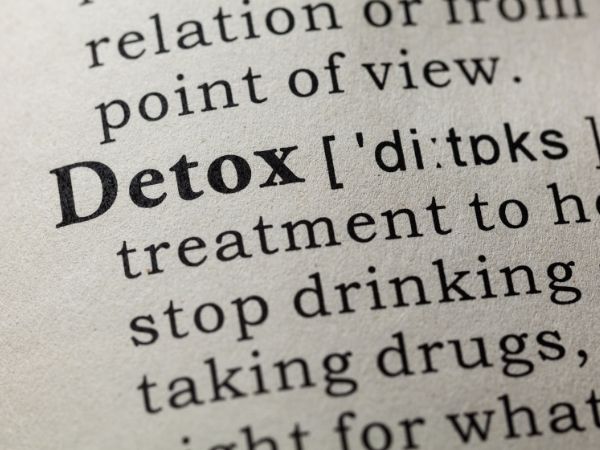If you have a history of alcohol addiction and struggle with relapse, do not be discouraged. We all have good days and bad days in recovery. If you’ve experienced multiple relapses in the past, it’s worth getting some help from an addiction physician who can provide an effective treatment plan for alcohol detox. The best way to get started on recovery is by being honest with yourself about what happened and working towards preventing those situations from happening again in the future.
Alcohol Relapse Calls for Alcohol Detox
If you are wondering if you need to undergo alcohol detox following a relapse, the short answer is yes. Using alcohol and other drugs after attempting to abstain can trigger problematic physical and emotional symptoms. Additionally, after relapsing, withdrawal symptoms are likely to surface again when you attempt to cease your use.
Detox is a process of helping your body get rid of drugs that may be lingering effects. If you relapse into your addiction, it can be helpful to go through detox again. This will help ensure that your body is ready for sobriety and avoid any complications from the previous relapse.
The detox process is not always a one-time thing. Initial detox is often required to begin recovery. However, when relapse occurs, detox may be required again to prevent worsening symptoms or life-threatening consequences. The medications used during detox are designed specifically to help people get through withdrawal symptoms so they can start their recovery plan right.
Withdrawal Symptoms May Return
If you relapse, it’s likely that you’ll experience withdrawal symptoms. These can be bad enough to make the urge to use again very strong and difficult to resist.
If this happens, remember that physical dependence doesn’t mean that your body is dependent on a substance 24/7. It simply means that there are certain periods of time when it needs more of a substance than usual in order for its function as normal. These periods could last hours or days, depending on the severity of your relapse and the severity of your substance use disorder (SUD).
Understanding Mental Relapse
A mental relapse can be more difficult to deal with than a physical one. However, there are ways that you can address it and get back on track. For example, some tips include the following:
- See a therapist. If you have been in treatment before, you likely participated in therapy. If not, now is the time to participate in a treatment program and engage in therapy to overcome intrusive thoughts and substance-use cravings.
- Change your environment. If your environment is contributing to your mental relapse, or if it’s just making things harder for you because of stressors there, then you need somewhere else where you don’t feel so overwhelmed by everything going on around you. Setting aside some quiet time every day rather than constantly being surrounded by noise might also help prevent mental relapses.
Be Honest With Yourself
When you relapse, it’s important, to be honest with yourself about what happened and why. For example, did you have a bad day? Did something happen that triggered your addiction? Did someone else tell you that they had relapsed, and it made you feel like it was okay for you, too?
It’s important not to stress out about relapsing or give up hope for recovery because of one slip-up. Recovery is a process. Sometimes we may need more time than others before we’re ready for total abstinence from our drug or alcohol use. If this happens, don’t worry. Fortunately, detox will be available for you when the time is right.
Holding Onto Hope Through Alcohol Detox
Relapse isn’t uncommon. In fact, some studies have found that over 75% of individuals in recovery relapse within one year of treatment. Still, this should not be a cause for concern. It’s important not only for yourself but also for those around you who care about helping support your sobriety and stay on track with whatever treatment program or self-help techniques work best for you. Additionally, you must learn how to effectively manage cravings without falling back into old habits after ceasing your substance use.
It can be easy to beat yourself up when you mess up and relapse. But hold onto hope. You did this before, and you can do it again. It is important to try not to have an all-or-nothing mentality. For example, you may think, “Well I relapsed and had one drink. I might as well just get drunk while I can before I have to start over and detox again.” If you find yourself having these problematic thoughts, reach out to your support systems and make a game plan on how to get back on track. You can do this.
All in all, relapse is a common occurrence for people recovering from drug and alcohol addiction. It doesn’t mean that you have failed or that recovery isn’t working for you. It just shows just how far you have come! If you have relapsed into your addiction, then it’s time to get back on track with treatment as soon as possible. This could mean attending an outpatient program or returning to detoxification so that your body can recover from physical dependence again before beginning therapy sessions once more. If you or someone you love is struggling with addiction or recently relapsed, we can help you get through withdrawal and provide support for successful recovery. For more information, please call (480) 741-9414 or complete an insurance form.





